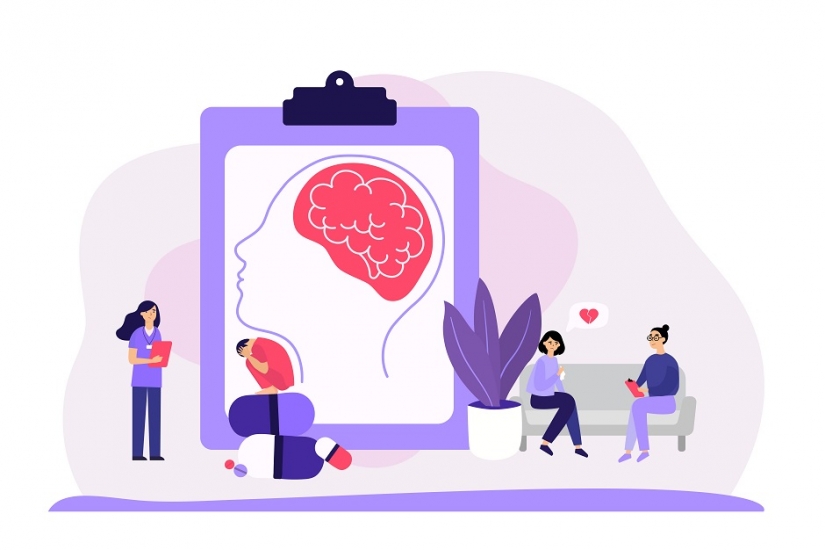Do you find yourself procrastinating regularly? If so, you’re not alone. Procrastination is a common issue for many people, but it doesn’t have to be a permanent part of your life.
Cognitive Behavioural Therapy (CBT) is an effective way to help you break the cycle of procrastination and learn better habits. Read on to find out different CBT techniques used by BABCP-accredited therapists and how CBT can help you take charge of your life and get things done.
Behavioural Activation
Procrastination is a common problem that can be difficult to overcome, but Cognitive Behavioural Therapy (CBT) can help you take action instead of procrastinating.
Behavioural Activation is a key technique in CBT that works by helping you change your continuous pattern of procrastination so that you approach your tasks instead of avoiding them. This technique encourages individuals to take action toward what they want by breaking it down into small, manageable steps.
For example, instead of focusing on the whole task and feeling overwhelmed, you can break it down into smaller pieces such as making a plan or listing out the steps required to complete it. This will make the task seem much more achievable and motivate you to take action.
Stimulus Control
Stimulus Control is a technique often used in Cognitive Behavioural Therapy (CBT) to help curb procrastination. The goal of this technique is to identify and remove environmental cues that trigger procrastination.
This can include putting away objects that lead to procrastination, avoiding time wasters like the Internet, and turning off notifications on your phone.
To use this technique, BABCP accredited therapists will likely suggest you to take a few moments to identify the environmental cues that lead to procrastination. You might notice that when you sit down to work, you're easily distracted by your phone or other digital devices.
Maybe you're more likely to procrastinate when there are people around. Or maybe you just don't feel like working when you're at home. Once you've identified your triggers, create a plan to remove them from your environment. For example, put away your phone, turn off notifications, or find a quieter place to work.
Exposure Therapy
Exposure therapy is a form of Cognitive Behavioural Therapy (CBT) that is typically used to help people overcome their fears and anxieties. It works by exposing the person to the source of their fear in a safe, controlled environment and helping them confront their anxiety head-on.
In the context of procrastination, exposure therapy can help individuals identify the root cause of their procrastination, develop strategies for overcoming it, and build motivation for completing their tasks.
Mindfulness Training
Mindfulness training is a type of Cognitive Behavioural Therapy (CBT) that helps individuals become aware of their thoughts and feelings in the present moment. Through mindfulness training, individuals learn to observe their thoughts without judgment and become more aware of their automatic responses to emotions and urges.
This practice can help people reduce the intensity of their procrastination behaviour by helping them recognize it for what it is—a distraction from doing something more productive.
Conclusion
It’s important to recognize that curbing procrastination takes time and commitment, but it is achievable with the right mindset and support system. If you’re feeling overwhelmed, reach out to a professional BABCP-accredited therapist who can help you find the right combination of CBT techniques that will work best for you.












